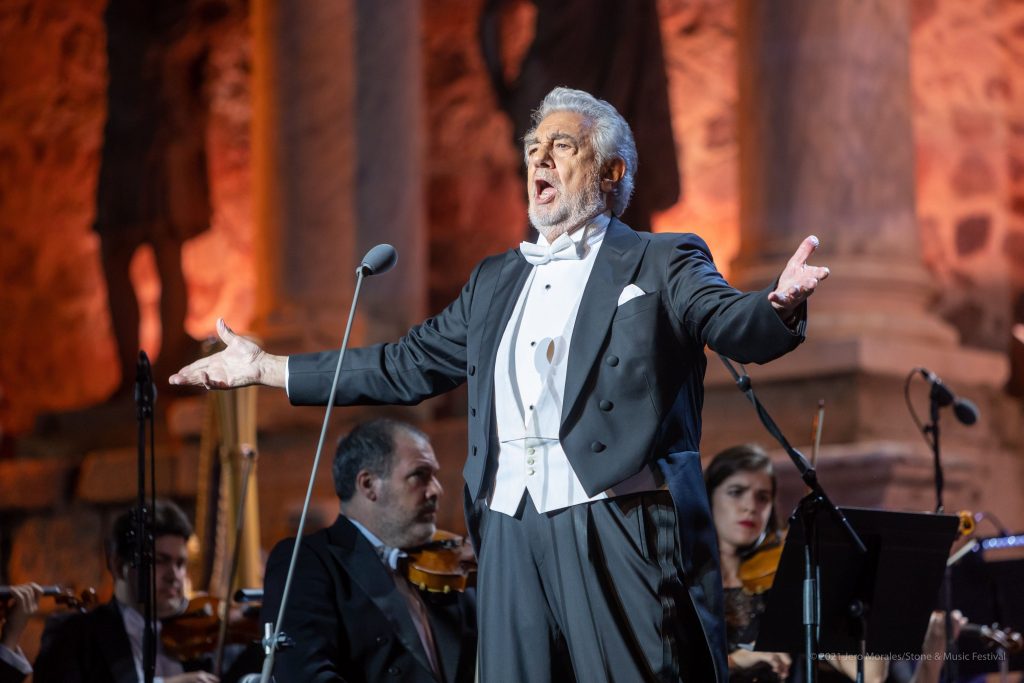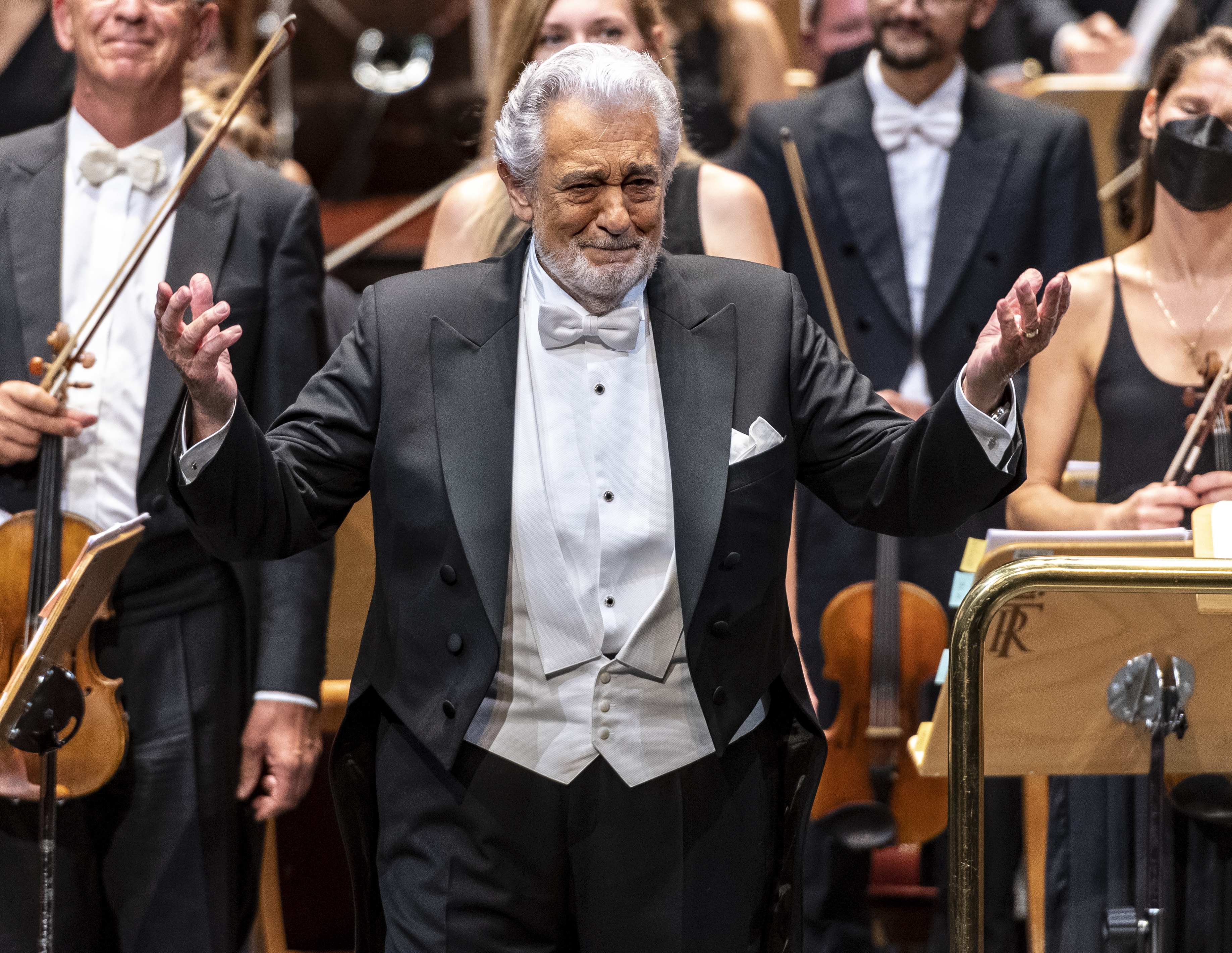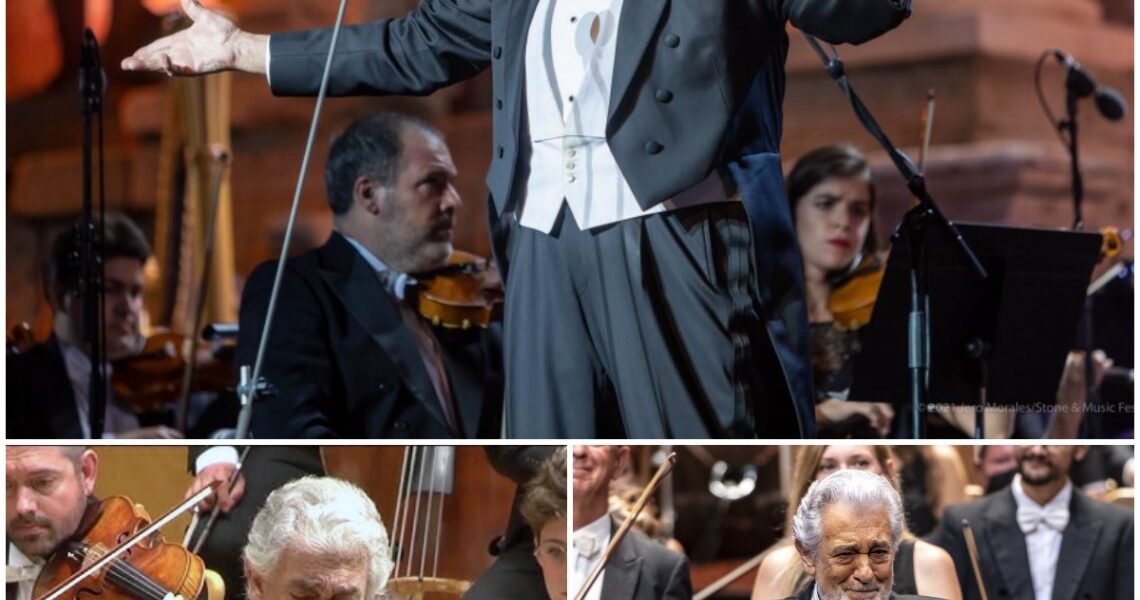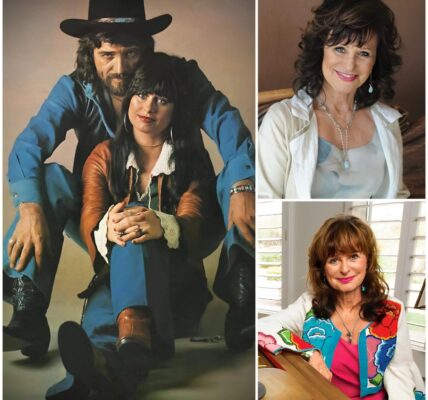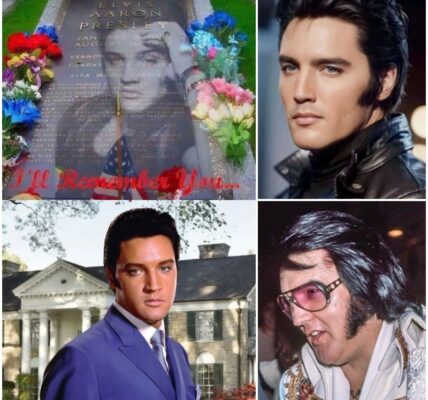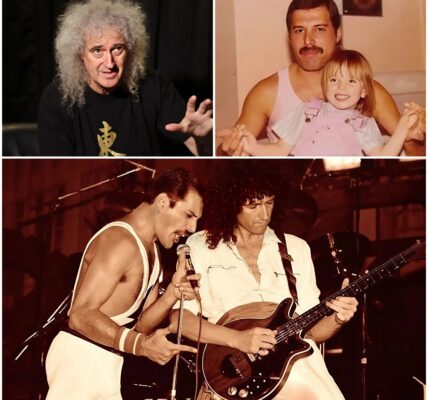At 83, Plácido Domingo’s voice still casts a spell—rich, resonant, and instantly recognizable from just a single phrase. Age hasn’t dimmed his brilliance; it’s deepened it. As the reigning king of zarzuela, he continues to enchant audiences worldwide, proving that true artistry doesn’t fade—it matures into something even more powerful.
